The history of libraries and other social services
Libraries have always been more than just collections of books. Over the centuries, they’ve evolved into dynamic community centers that provide a multitude of services. From ancient records to digital databases, libraries have consistently adapted to meet societal needs.
Today, they are not only places for borrowing books but also hubs for social services and community support. This evolution highlights the pivotal role libraries play in fostering education, cultural enrichment, and social equality.
Ancient Beginnings: The First Libraries

The concept of libraries dates back to ancient times, with the earliest known libraries emerging in Mesopotamia around 2600 BC. These were primarily archives of clay tablets written in cuneiform, serving as records for temples and governments.
The famed Library of Alexandria, established in the 3rd century BC, housed thousands of scrolls and was a beacon of knowledge in the ancient world. These early libraries signified the beginning of humanity’s quest to preserve and disseminate knowledge.
Libraries in the Middle Ages: Monasteries and Manuscripts

During the Middle Ages, monasteries became the custodians of knowledge in Europe. Monastic libraries preserved important religious and philosophical texts through painstaking manuscript copying.
The Benedictine monks were particularly instrumental in this process, ensuring that classical works survived the tumultuous times. In addition to religious texts, these libraries also housed works of science, medicine, and literature, providing a foundation for the Renaissance that followed.
The Renaissance of Libraries: A Surge of Knowledge
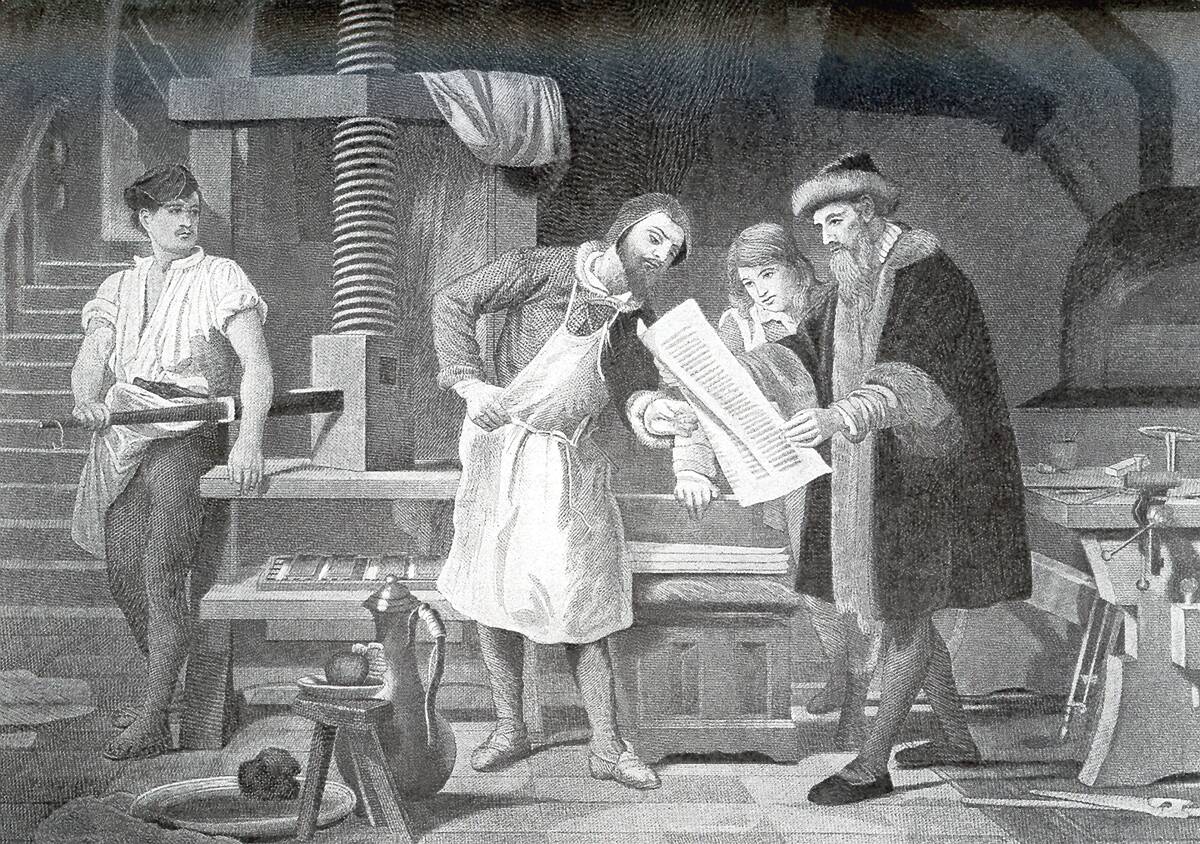
The Renaissance era witnessed a revival of learning and the arts, and libraries were at the forefront of this intellectual surge. With the invention of the printing press in the 15th century by Johannes Gutenberg, books became more accessible, leading to an explosion of knowledge.
Libraries expanded their collections to include a diverse array of subjects, and university libraries became centers of scholarly activity. This period set the stage for the establishment of public libraries.
The Birth of the Public Library System

The first publicly funded, free library was established in 1833 in Peterborough, New Hampshire. This marked a significant shift as libraries became accessible to the general public, not just the elite.
Andrew Carnegie played a crucial role in the expansion of public libraries in the late 19th and early 20th centuries, funding the establishment of about 1,600 libraries in the United States. This democratization of knowledge was pivotal in advancing literacy and education.
Libraries in the Digital Age: E-books and Online Resources
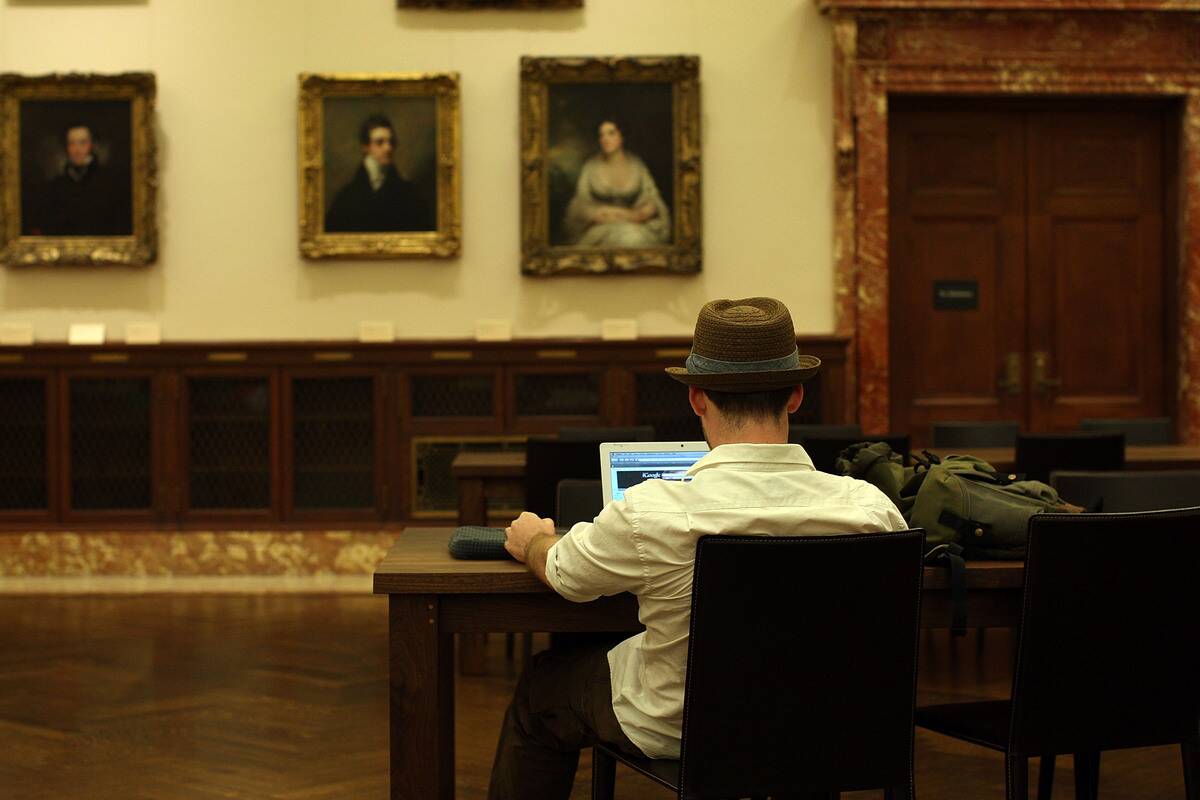
In the digital age, libraries have embraced technology to extend their reach. E-books and online databases have become staple offerings, allowing patrons to access materials remotely.
The rise of digital media has not replaced traditional books but rather complemented them, offering new ways for people to engage with content. Libraries now provide access to a wealth of online resources, from academic journals to interactive learning platforms, catering to the needs of a digital-savvy population.
The Role of Libraries in Modern Communities
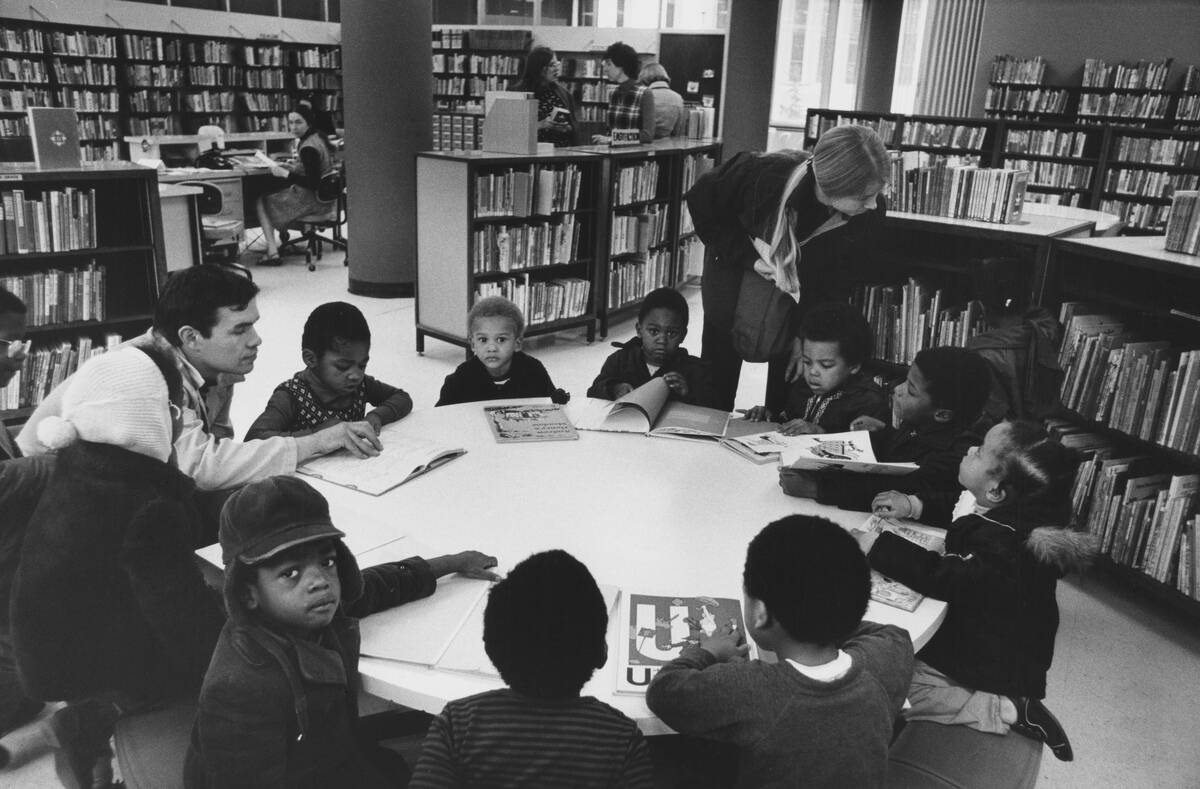
Modern libraries are essential community hubs, offering a wide array of services beyond book lending. They provide spaces for meetings, workshops, and social gatherings, fostering community engagement.
Libraries also offer educational programs, ranging from technology training to language classes, helping community members develop new skills. Their role as community centers is vital in promoting cultural understanding and social cohesion, making them indispensable in today’s society.
From Books to Broadband: Libraries as Technology Hubs
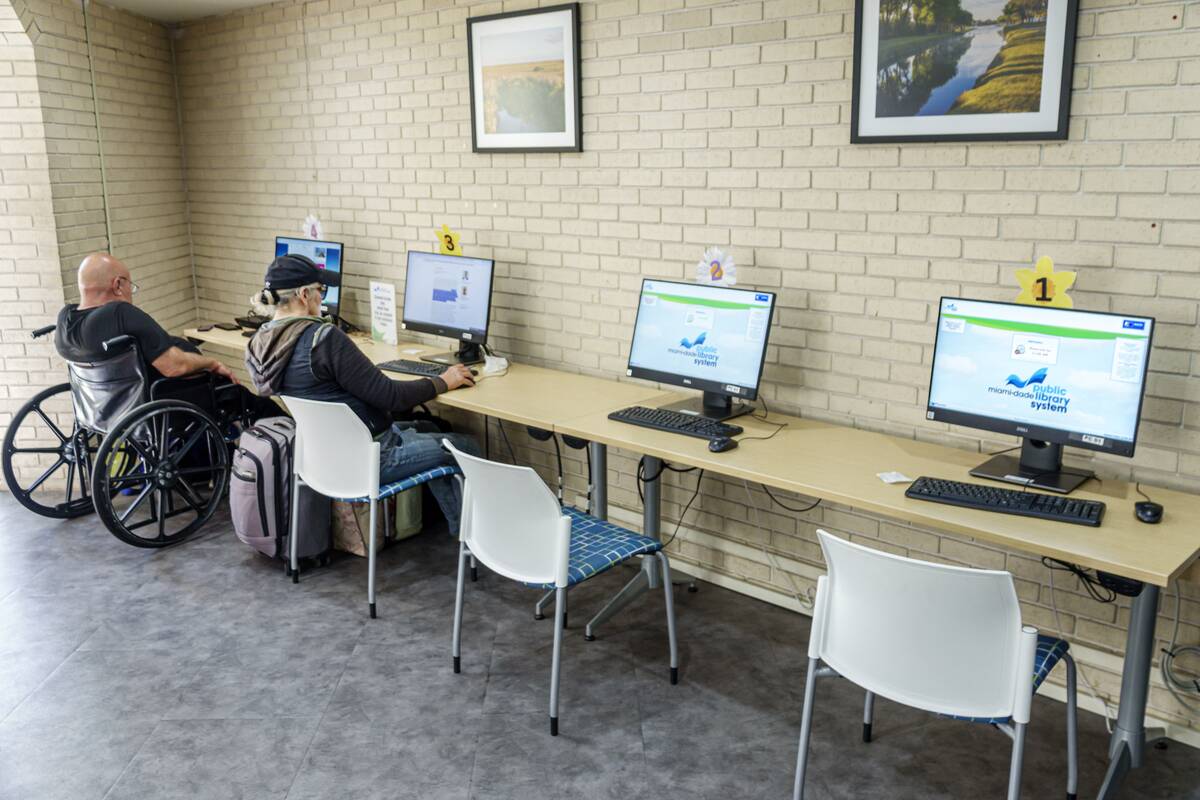
Libraries have transformed into technology hubs, providing free access to computers and the internet. This service is crucial for individuals without home internet access, helping bridge the digital divide.
Many libraries offer technology workshops, teaching patrons how to use software, navigate the web, and protect their digital privacy. By providing these resources, libraries empower individuals to participate fully in the digital economy and access vital online services.
Libraries as Cultural Centers: Art, Music, and More

Beyond books, libraries serve as cultural centers, hosting art exhibits, musical performances, and film screenings. These events enrich the community’s cultural life and provide a platform for local artists to showcase their work.
Libraries often collaborate with cultural organizations to offer diverse programming, ranging from storytelling festivals to art workshops. By providing access to the arts, libraries enhance cultural literacy and foster an appreciation for creativity in all its forms.
Libraries and Literacy: Programs for All Ages
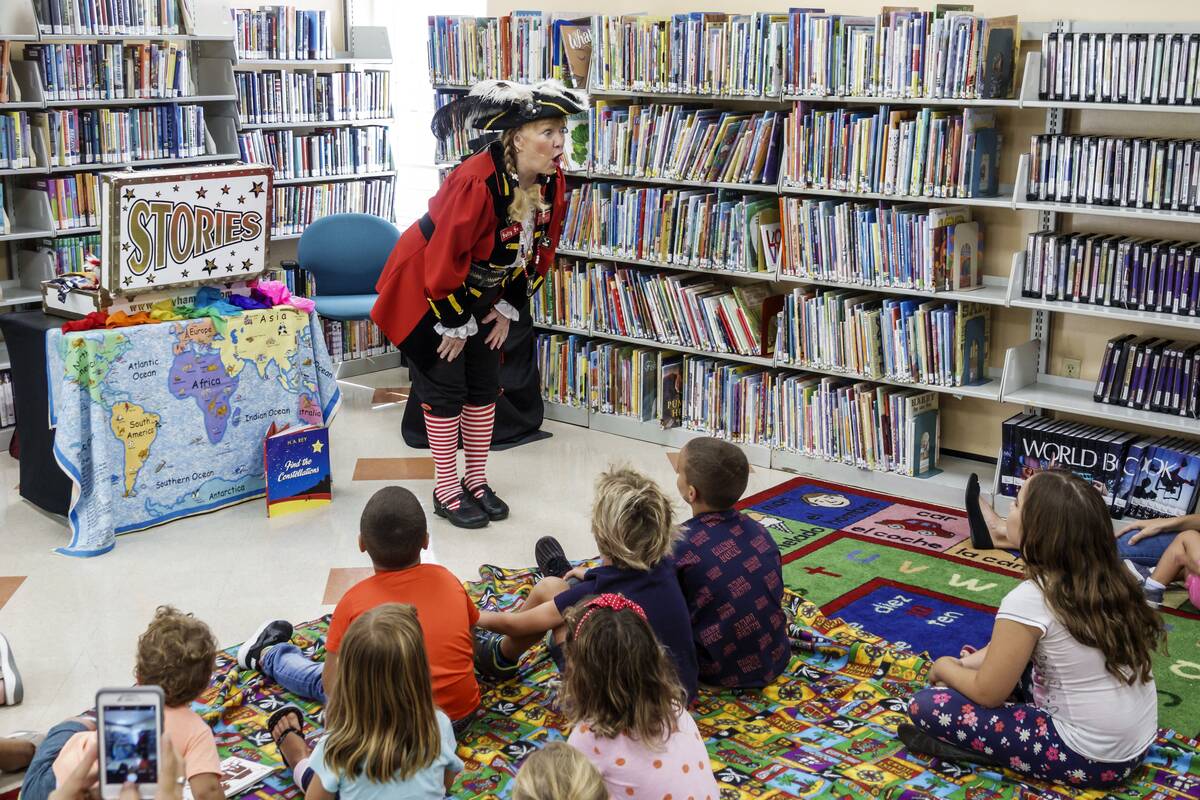
Libraries play a crucial role in promoting literacy across all age groups. They offer storytime sessions for young children, helping to instill a love of reading from an early age.
Adult literacy programs support those seeking to improve their reading and writing skills, often in partnership with local education providers. Libraries also provide resources for language learners, offering books and courses in multiple languages, ensuring that everyone has the opportunity to enhance their literacy skills.
Beyond Books: Libraries and Social Services

Modern libraries have expanded their services to include social support, offering resources and programs that address community needs. Many libraries provide assistance with job searches, housing applications, and accessing social services.
They partner with local organizations to offer workshops on financial literacy, health care, and legal rights. By integrating social services into their offerings, libraries help to address the broader needs of their communities, acting as a lifeline for those in need.
Community Outreach: Libraries Supporting Vulnerable Populations

Libraries are at the forefront of community outreach, providing targeted support to vulnerable populations. Many libraries offer programs for homeless individuals, including access to shelters and employment resources.
They also provide support for immigrants and refugees, offering language classes and cultural orientation sessions. Libraries partner with social service agencies to address the unique needs of these populations, ensuring that everyone has access to the resources they need to thrive.
The Role of Libraries in Education and Lifelong Learning
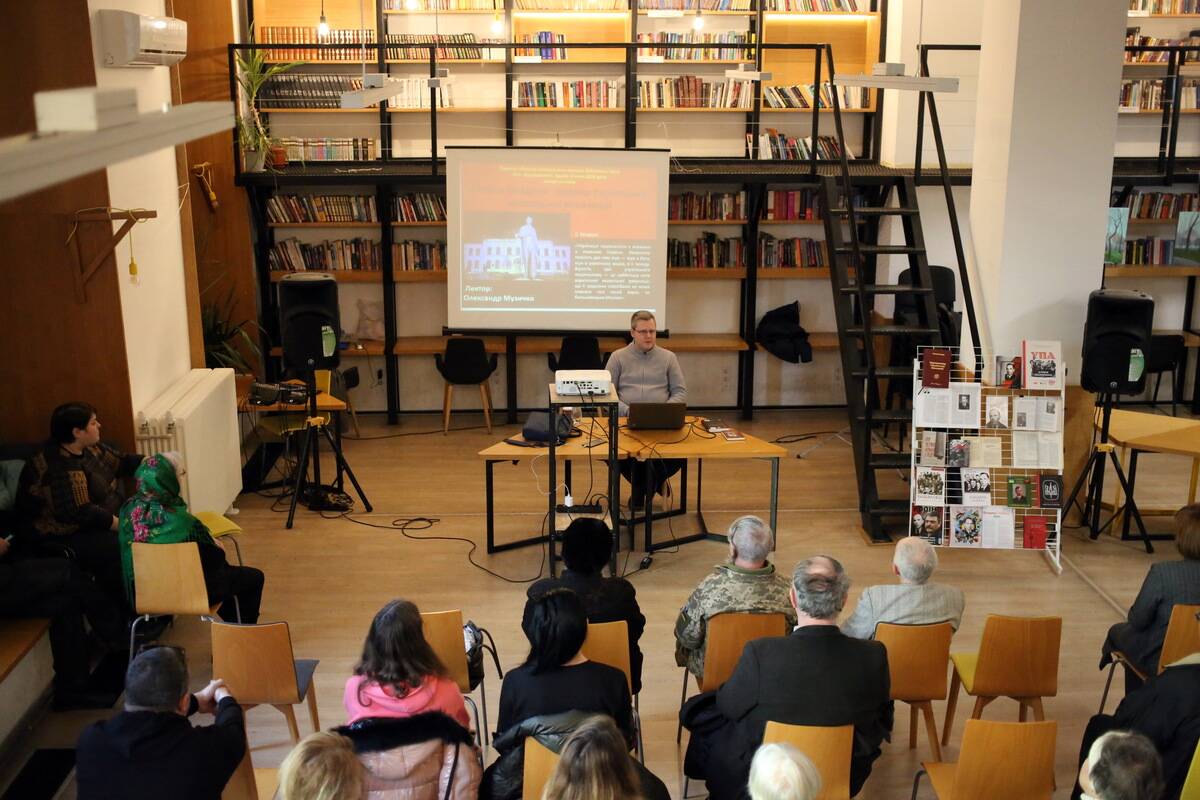
Libraries are pivotal in promoting lifelong learning, offering resources and programs for learners of all ages. They provide access to educational materials, online courses, and tutoring services.
Many libraries host lectures and workshops on a wide range of topics, from science to art, catering to diverse interests. By supporting continuous education, libraries empower individuals to expand their knowledge and skills throughout their lives, fostering personal and professional growth.
Social Work and Libraries: A Partnership for Community Support

Libraries often collaborate with social workers to enhance their community support services. This partnership allows libraries to offer more comprehensive assistance, addressing issues such as mental health, housing, and employment.
Social workers in libraries provide guidance and referrals, helping patrons navigate complex social systems. By working together, libraries and social workers can more effectively meet the needs of their communities, providing holistic support to those who need it most.
Health and Wellness Services Offered by Libraries
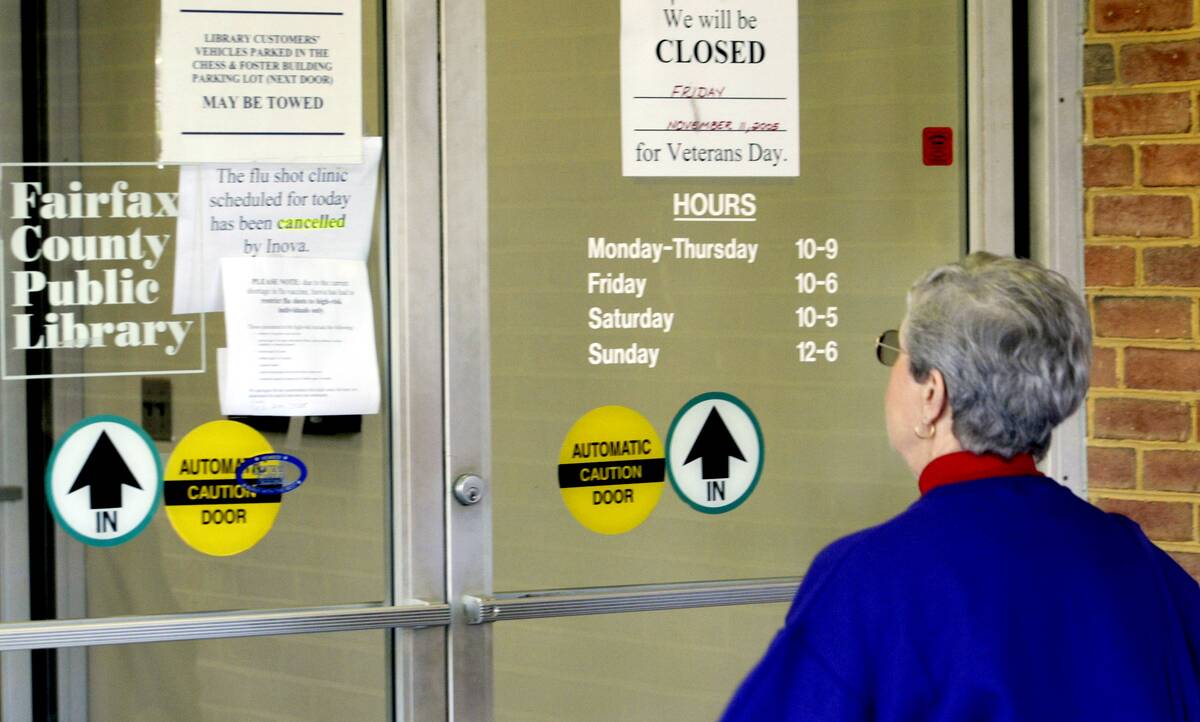
Many libraries have expanded their offerings to include health and wellness services. They host workshops on nutrition, mental health, and physical fitness, often in collaboration with local health organizations.
Some libraries provide free health screenings and flu shot clinics, making healthcare more accessible to the community. By promoting health and wellness, libraries empower individuals to take control of their health, contributing to the overall well-being of the community.
Libraries and Economic Development: Job Search and Skill Building
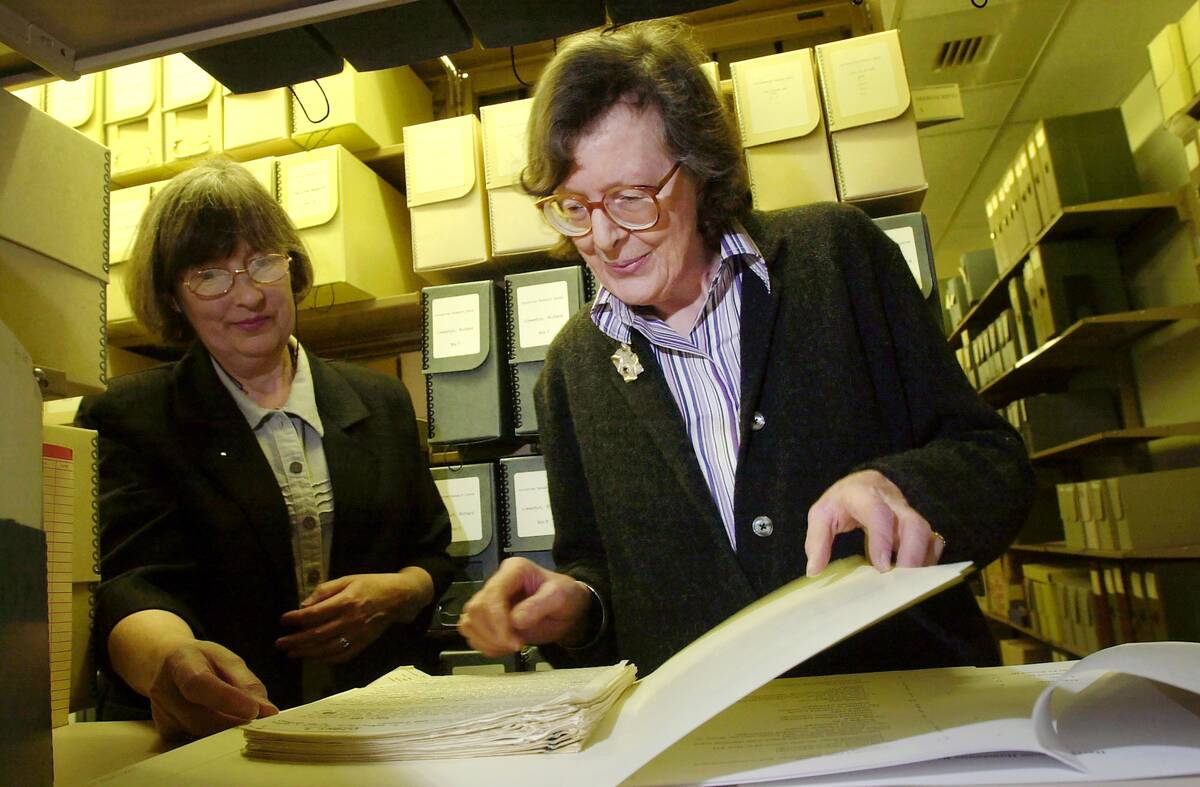
Libraries play an essential role in economic development by supporting job seekers and entrepreneurs. They offer access to job search resources, including resume workshops and interview preparation sessions.
Libraries also provide business resources, helping budding entrepreneurs with market research and business planning. By offering skill-building programs, such as coding classes and financial literacy workshops, libraries equip individuals with the tools they need to succeed in today’s economy.
The Impact of Libraries on Social Equality
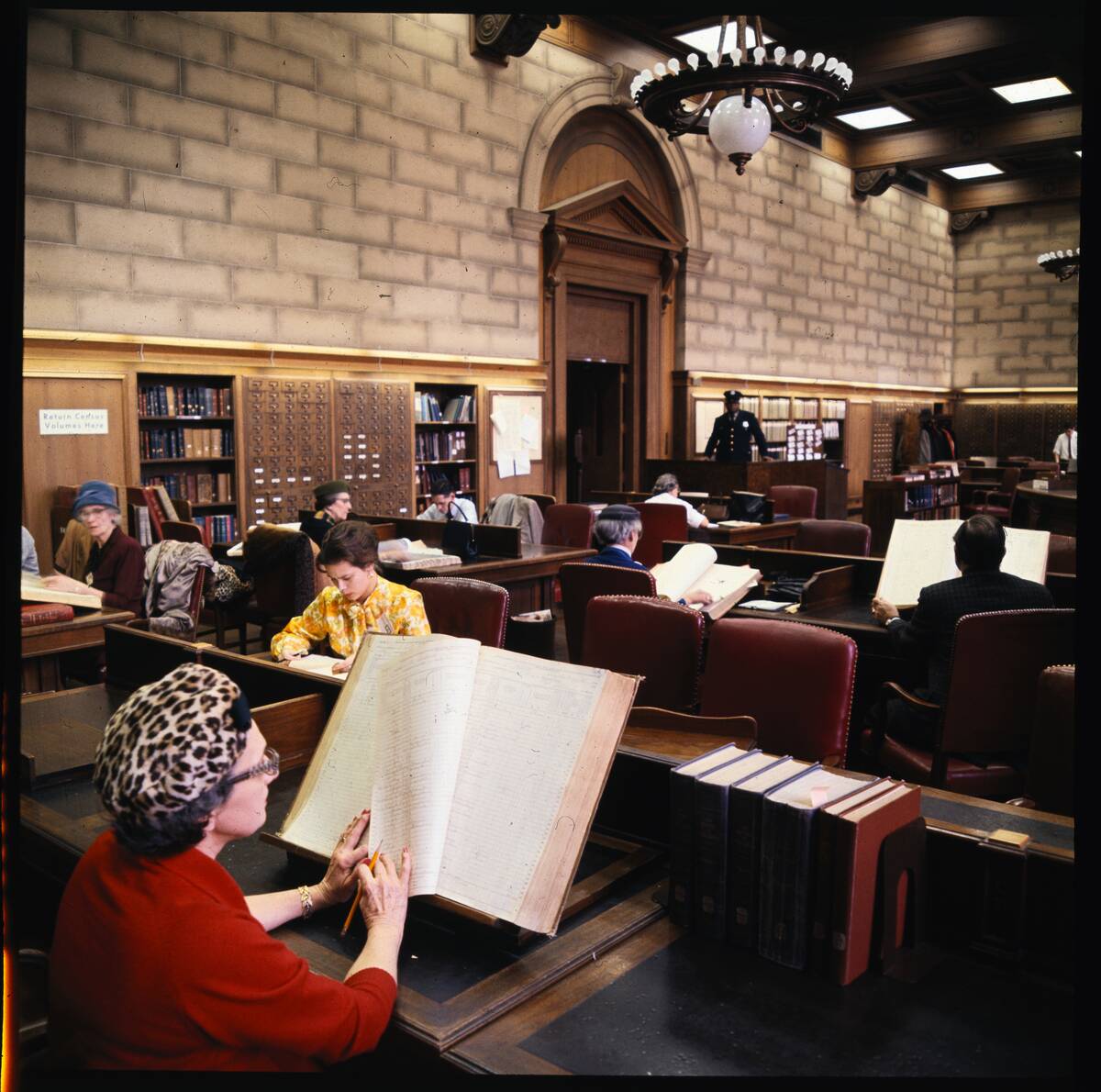
Libraries have long been champions of social equality, providing free and equal access to information and resources. They serve as neutral spaces where individuals of all backgrounds can come together, fostering inclusivity and understanding.
Libraries actively work to eliminate barriers to access, offering resources in multiple languages and formats. By promoting literacy, education, and cultural enrichment, libraries contribute to a more equitable society, empowering individuals to reach their full potential.
Libraries as Safe Spaces: Inclusivity and Diversity
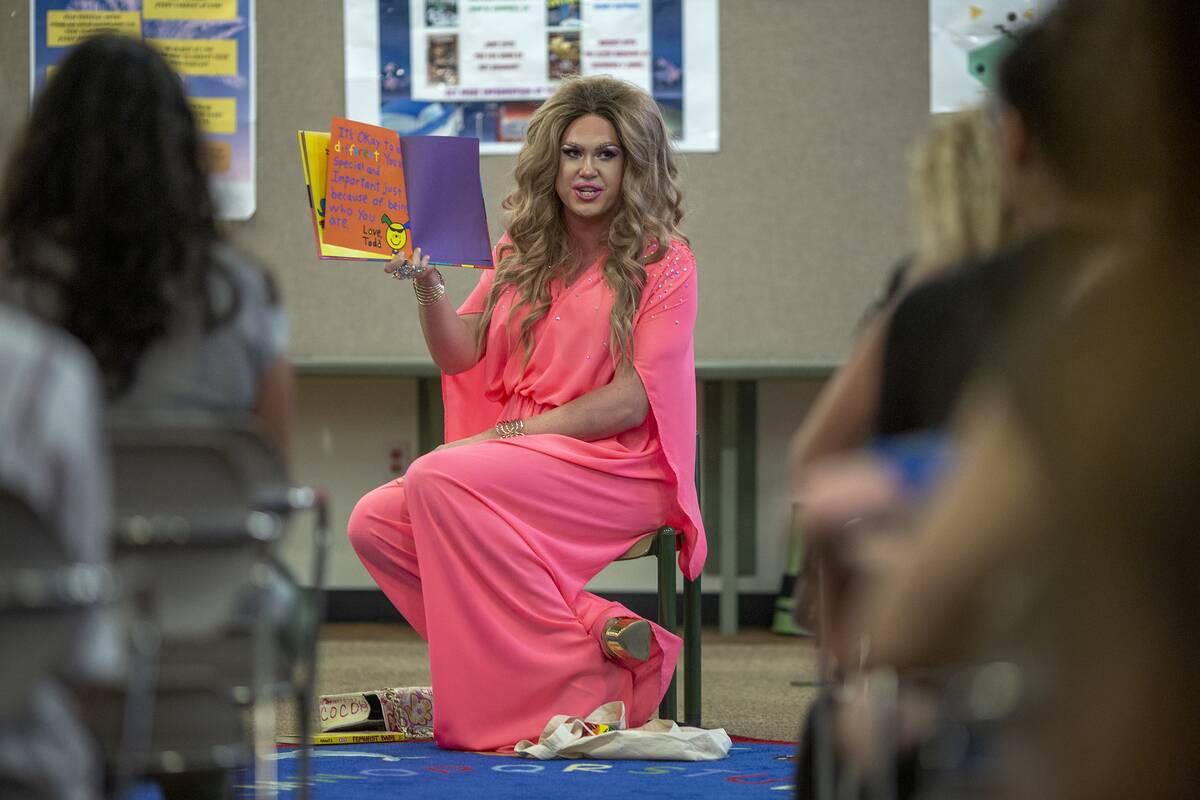
Libraries are committed to being safe spaces for all, promoting inclusivity and diversity. They offer programs and resources that celebrate diverse cultures and identities, from LGBTQ+ book clubs to multicultural festivals.
Libraries provide a welcoming environment for marginalized communities, ensuring that everyone feels represented and valued. By fostering a culture of respect and acceptance, libraries help to build more inclusive and harmonious communities, where diversity is celebrated and embraced.
The Future of Libraries: Adapting to Changing Needs
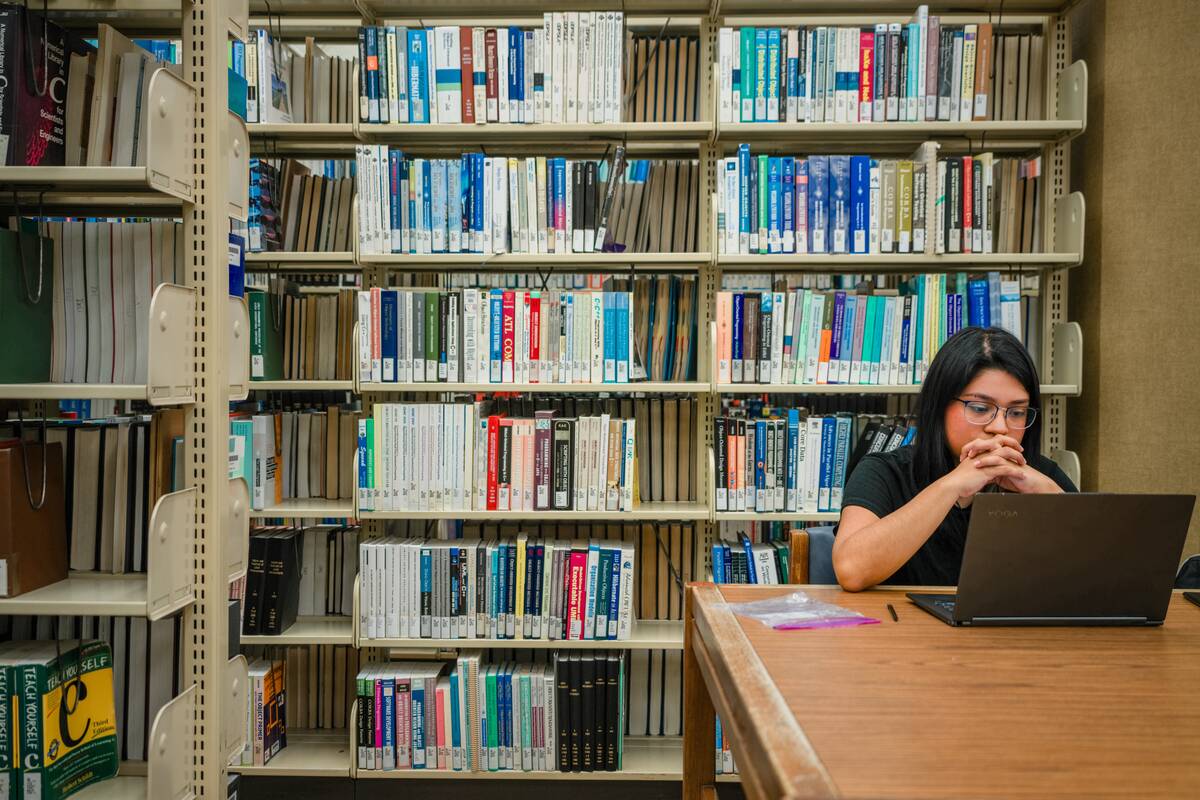
As society continues to evolve, libraries are adapting to meet new challenges and opportunities. They are embracing technology to enhance their services, from virtual reality experiences to digital lending platforms.
Libraries are also exploring new ways to engage with their communities, offering pop-up services and mobile libraries. By staying attuned to the changing needs of their patrons, libraries remain relevant and essential, continuing to play a vital role in the social and cultural fabric of society.



